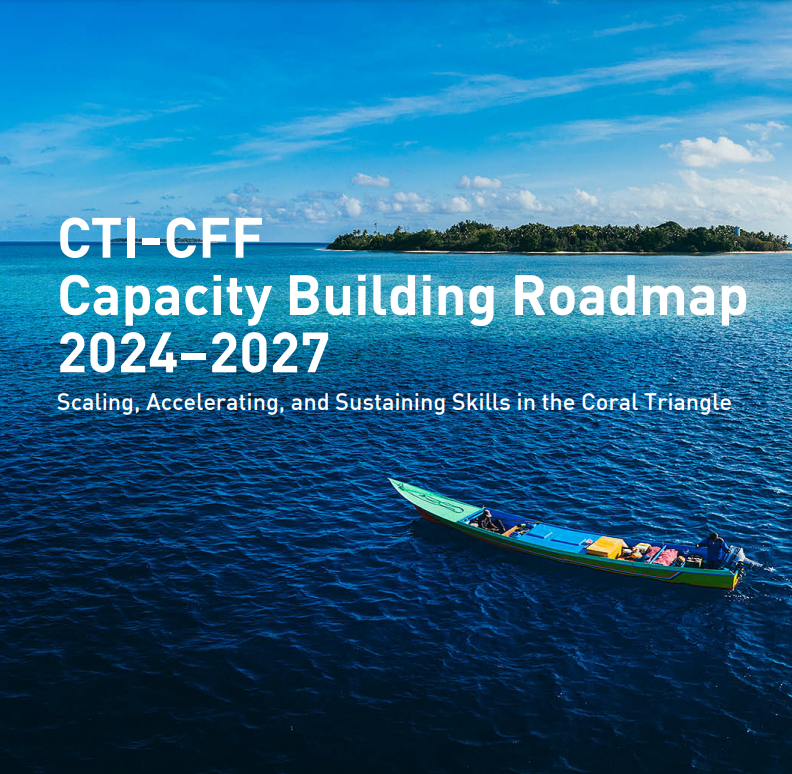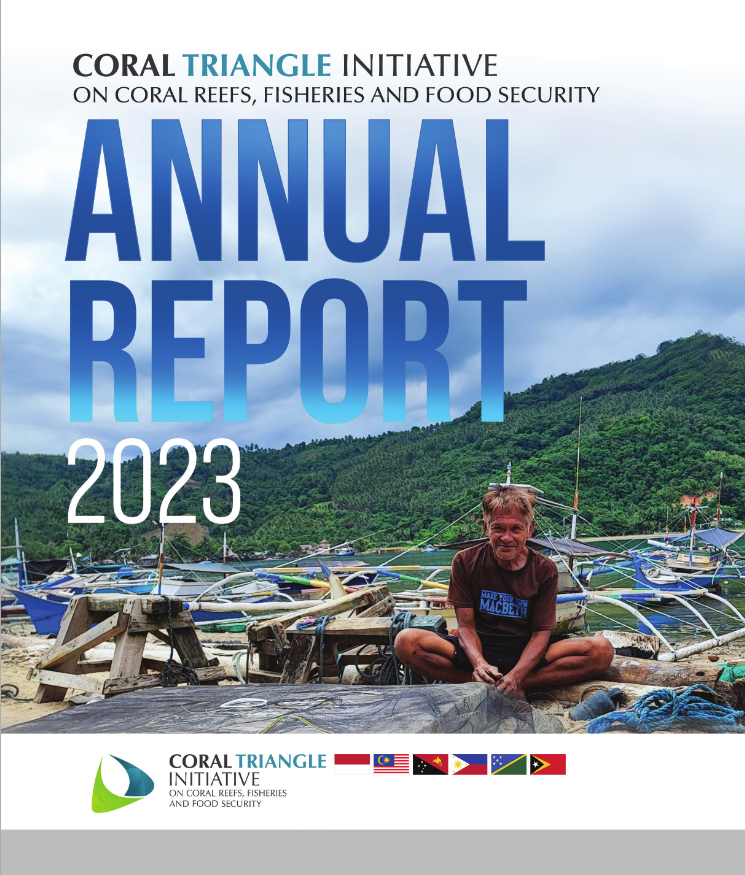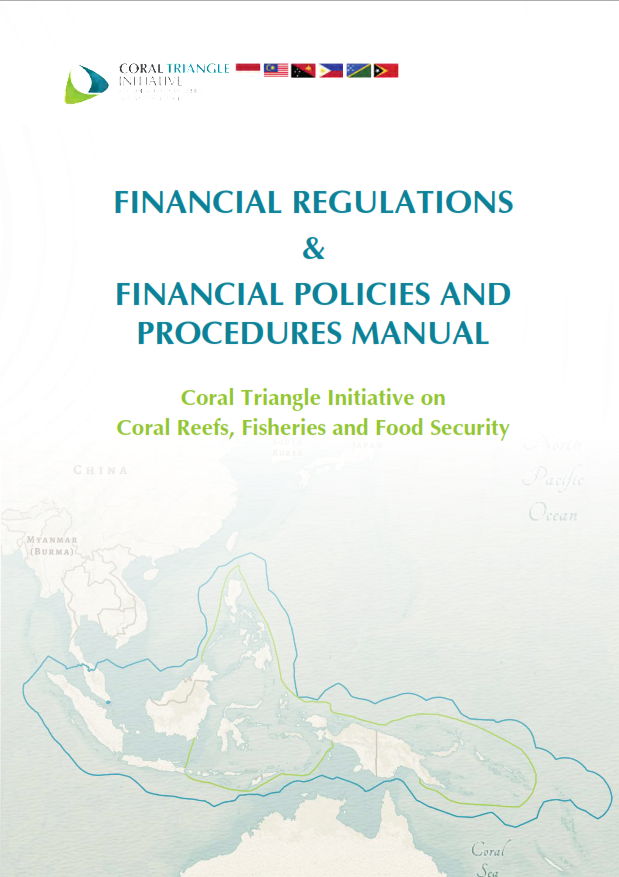Turning the Tide in Marine Conservation – The Women Leaders Forum of the Coral Triangle Initiative on Coral Reefs, Fisheries and Food Security
Turning the Tide in Marine Conservation – The Women Leaders Forum of the Coral Triangle Initiative on Coral Reefs, Fisheries and Food Security*
*An article by CTI-CFF Regional Secretariat and Rili Djohani, Executive Director of Coral Triangle Center/CTC in supporting the conduct of CTI-CFF Side Event at UN Ocean Conference on SDG14, 6 June 2017, UNHQ, New York “The Coral Triangle – Partnerships to Achieve SDG14 (and more!!!)
in the World’s Epicentre of Marine Biodiversity”
Women’s relationship with the ocean is shaped by their unique knowledge, solutions and interactions with its natural resources. While the men are away at sea, women play a crucial role in marine environments and fisheries economies, particularly playing important roles in small-scale and artisanal fisheries. They perform many of the pre-harvesting and post-harvesting tasks such as maintaining the equipment and the processing and marketing of the fish. Additionally, herbs and medicinal plants which are valued for their domestic uses are primarily collected by women who are responsible as household keepers. Their activities and services, paid and unpaid, managing sea resources from household to community levels are largely undervalued and unnoticed. Several international commitments such as the Rio Declaration on Environment and Development in 1920 and the Declaration of World Food Security in 1996 have long seen the potential of women as environmental stewards and addressed how the full participation of women is essential to achieve sustainable development.
Despite their daily reliance on marine resources and representing half of the total working population worldwide in the seafood industry as a whole, the gender equality is still poorly represented in natural resource management and decision making in conservation. To recognize women’s achievements and their leadership in the marine realm, the six countries of the Coral Triangle Region – Indonesia, Malaysia, Philippines, Papua New Guinea, Solomon Islands and Timor-Leste launched the ‘Coral Triangle Initiative on Coral Reefs, Fisheries and Food Security (CTI-CFF) Women Leaders Forum’ in 2014. The first of its kind in the region, the forum serves as a platform to emphasize on the role of women leaders in protecting and sustaining the global centre of marine biodiversity. This aligns with developing gender-inclusive conservation strategy and policy recommendations for the CTI-CFF which has outlined its Regional Plan of Action with five goals: 1) strengthening management of seascapes; 2) applying an ecosystem approach to fisheries management; 3) developing and strengthening the management of marine protected areas; 4) implementing climate change adaptation measures; and 5) protecting threatened marine species. With their extensive local and traditional ecological knowledge, the Regional Plan of Action recognises the role of women in indigenous and local coastal communities who contributes towards the sustainable use and conservation of marine and coastal resources.
Gender equity marks success of marine conservation
Programs and projects that don’t factor in gender risk are inappropriate or inaccessible for a large proportion of target communities, and may even amplify existing social inequalities within these communities. The FAO Regional Office for Europe and Central Asia (FAO REU) with the support of the European Institute for Gender Equality (EIGE) convened a high-level conference, to provide an interactive platform to promote partnerships and joint learning for achieving the Sustainable Development Goals of the Agenda 2030. The meeting acknowledged that women play a robust part in agriculture and food security: their labour force participation rate in the sector is 43 percent.
Studies have shown that improved societal status of women counted for as much as half of the global reduction in hunger between 1970 and 1995. Progress in women’s access to education alone was linked to a 43 percent gain in food security — as significant as the gains from increased food availability (26 percent) and health advances (19 percent) combined.
Moreover, how culture dictates gender roles is a pertinent issue for marine conservation. The SDG Goal 14 of Life Below Water and protection of marine ecosystems and resources can only be fully achieved if integrated, gender sensitive conservation and development is pushed to the forefront of policy direction for all of the CTI-CFF.
The Women Leaders Forum: A Model for Gender Integration
During its 10th Senior Officials Meeting and 5th Ministerial Meeting in Manado, Indonesia in May 2014, the CTI-CFF called upon Coral Triangle countries to actively engage and incorporate the perspectives of women and girls towards achieving its Regional and National Plans of Action goals and targets through the CTI-CFF Women Leaders Forum. The CTI-CFF encouraged all its bodies and its six member countries to clearly demonstrate their engagement with and reflect upon the role of women and girls as stakeholders in CTI activities, and document these actions to provide testament to and serve as a model for gender integration.
Through the auspices of CTI-CFF development partners USAID, US Department of the Interior, Coral Triangle Center (CTC), the Nature Conservancy (TNC), World Wide Fund for Nature, (WWF), Asian Development Bank (ADB) and Conservation International, in collaboration with the CTI-CFF Regional Secretariat and the CTI-CFF National Coordinating Committees, the CTI-CFF Women Leaders Forum has organized several regional and national level activities since its inception, positioning itself as a leading network of women leaders working towards sustainable marine, coastal and fisheries management in the Coral Triangle region.
The WLF serves as a peer learning network for women who are playing key leadership roles in sustaining the marine resources of the Coral Triangle. Furthermore, the Forum collects and shares tools as well as good practices that integrate gender principles in marine conservation and sustainability projects and weaving it into existing CTI-CFF structures and activities outlined by the CTI-CFF Regional and National Plans of Action. WLF focuses on identifying and investing in the expertise of women conservationists for the purpose of promoting local, national and regional support and cooperation through meetings, conferences and training programmes.
The Coral Triangle (CT) is home to more coral reef species than anywhere else on Earth. Six out of the world’s seven species of marine turtles thrive here as well as more than 22 species of marine animals and nearly 3,000 species of fish. 130 million people living in the coastal areas of the CT are directly dependent on the area’s rich marine resources which highlights the need to recognise the different roles women and men play in managing, protecting and sustaining the coastal and marine resources of the CT. Thus, a gender-responsive approach reaffirms the different kinds of knowledge and activities generated by women as research suggests that this approach is more effective in achieving marine conservation goals if employed.
The CTI-CFF Women Leaders’ Forum functions as:
§ A peer-learning network for women who are playing key leadership roles in sustaining the marine resources of the Coral Triangle region,
§ Recognize the achievement of grassroots women leaders who are championing marine conservation in the six Coral Triangle countries, and,
§ Serve as a platform to build the capacity of women from the Coral Triangle to take leadership roles in preserving and sustaining the region’s unique marine and coastal resources.



